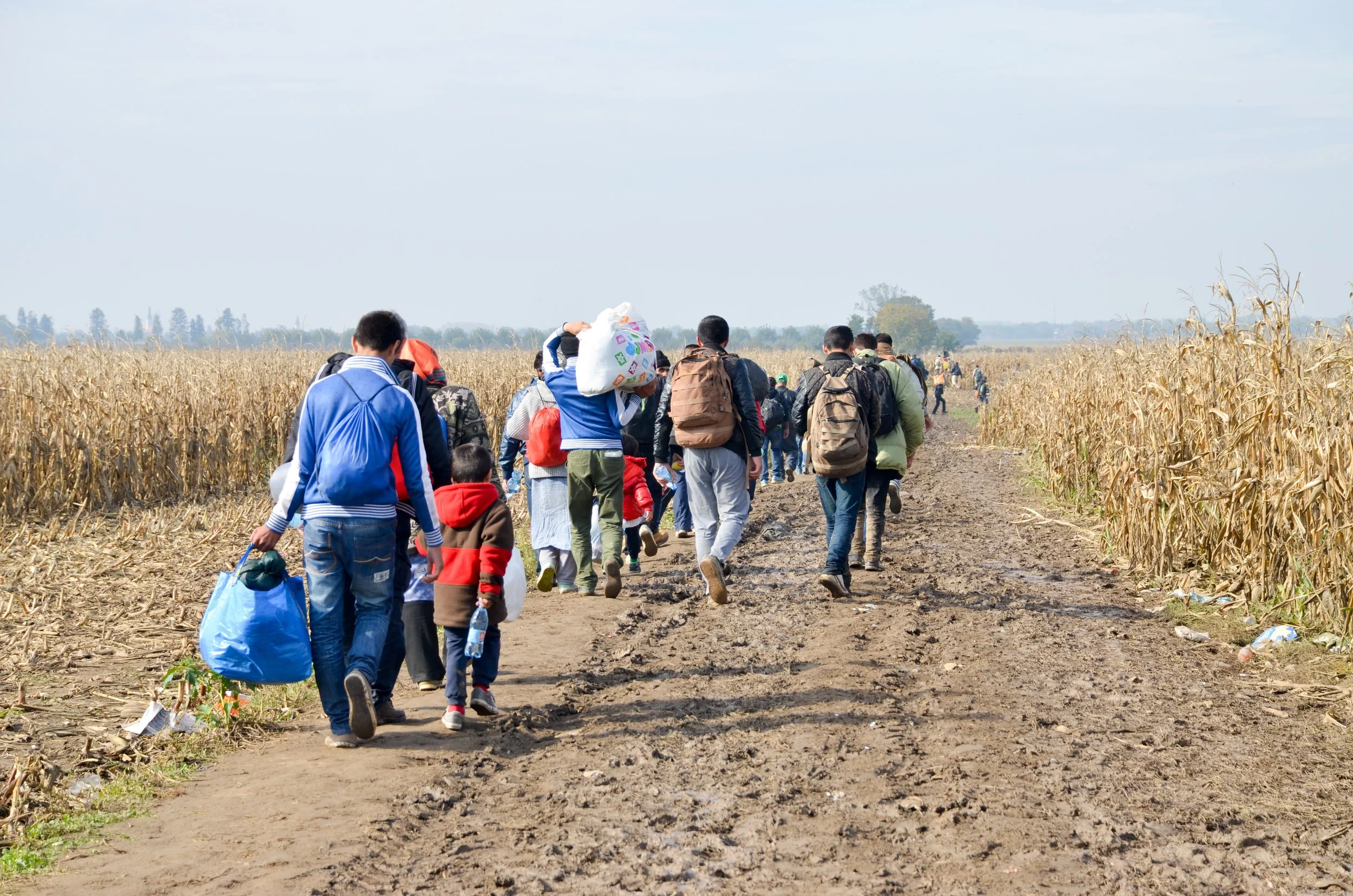PUBLICATIONS
Human Rights and Organised Crime Agendas: Four Areas of Convergence for Policymaking
This briefing note identifies four areas that justify greater attention to the fundamental rights of natural persons, and convergence in the human rights and crime agendas: (1) (Organised) crimes that amount to human rights violations (2) Violation of rights due to lack of remedies for crimes committed by OCGs (3) Violations of human rights committed in the context of preventing and combating OC (4) Lack of accountability for human rights violations by OCGs
Ana Paula Oliveira
April 2024
Migrant Smuggling
This brief brings together key lessons emerging from GI-TOC’s research on the smuggling of migrants (SOM) between 2015-23. The research emphasises: (1) The need to provide sufficient opportunities for legal migration (2) The importance of timing for enforcement-led responses (3) The adaptive nature of the smuggling industry, with route changes being implemented swiftly in response to seemingly formidable obstacles to population movement.
Tuesday Reitano and Prem Mahadevan
April 2024
Civil Society and Organised Crime
This briefing note summarises GI-TOC’s research and experiences in engaging with and supporting civil society responses to organised crime. This is provided in the context of the ongoing threats and shrinking space for civil society, and a need for policymakers and officials to understand civil society’s role, value and potential.
Ian Tennant and Prem Mahadevan
Febraury 2024
Testing to see if an awareness messaging campaign about ‘social bads’ will actually work: why experimental techniques are best
This briefing note explains why awareness raising or strategic communications campaigns that aim to inform the public about controlling or fighting so-called ‘social bads’ (e.g. corruption and organised crime). Despite aiming to change behaviours, these campaigns end up having little effect and, in some cases, may even backfire, making the situation worse.
Caryn Peiffer and Nic Cheeseman
Febraury 2024





